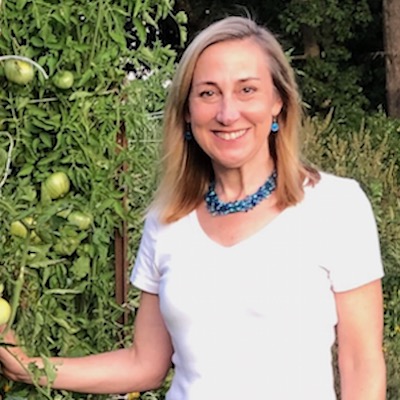Primary Image

The Legacy of The Old Farmer’s Almanac
I've read that the 2026 book is full of distracting ads, including ED ads, which are offensive in this kind of book.
The excellent writing is what has kept the Old Farmer's Almanac going after all these years. Useful well-written articles filled the pages instead of being full of ads for trinkets.
This must be written by AI. It makes no sense. It's really sad to see writing that has incorrect grammar, doesn't use complex sentences, and ignores editorial proofreading. It is very much a bucketload of empty, sensationalist drivel. I thought I would reacquaint myself with The Old Farmers Almanac, but sadly, it's useless and not in the least pleasant or humorous to read. It's painful to read.
There is a city folk version. What's the difference?
Hi Danica, Thanks for asking! There have been many different kinds of almanacs over the years—writers' almanacs, regional farming almanacs, and newfangled almanacs. We can only speak to this almanac. The Old Farmer's Almanac is the oldest still published almanac and the best-selling almanac across North America. It's got a yellow cover and this year it's 225 years young! We only publish one almanac though it comes in hardcover, paperback, or digital editions as you can see here: https://store.almanac.com/store/almanacs
With all good wishes, your OFA editors









Comments